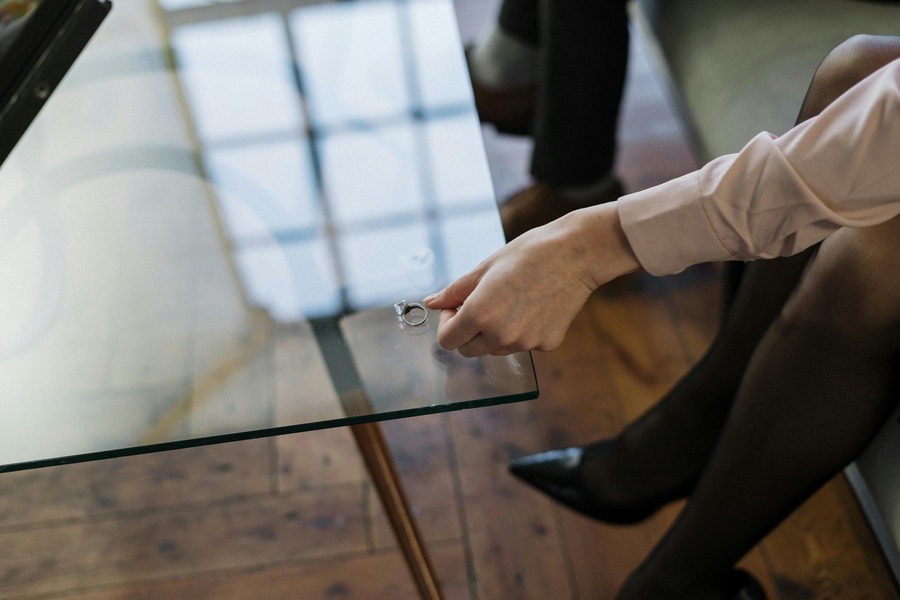At a time when life felt like a storm, Alex walked in. He was charming, attentive, and understood all of my wounds. I felt electricity with him instant chemistry. As the months went by, the highs felt higher, the lows felt impossible, and something just felt off.
If so, you are likely not alone. Many times what seems like intense chemistry is actually trauma bonding.
So let’s explore how to tell the difference.
The Spark: Chemistry or Shared Wounds?
The real chemistry feels very natural, driven by a true connection, mutual respect, and emotional safety. You enjoy each other’s company, even quietly. When conflicts do arise, they are managed with care, not fear.
A trauma bond begins with an overwhelming emotional rush. You might feel such a deep connection after sharing pain or hard experiences that shared vulnerability forms this thin illusion of intimacy.
What is dangerous about this? In reality, relationships are alive and lively through cycles of emotional height and depth, and rather than craving actual compatibility, they begin to crave emotional roller coasters.
Signs You Might Be in a Trauma Bond
So, how do you discern whether you are experiencing genuine chemistry or trauma bonding? Here are some indicators for you to recognize:
Intense attachment despite red flags: You find yourself rationalizing unhealthy behaviors, as the emotional highs are enthralling.
Impossible to walk away: You know the relationship is bad for you, but you can’t seem to leave. They keep hoping for the next happy phase.”
Emotional dependence: Your emotional state is predominantly reliant on how your partner acts. When your partner is out of view or ignores you, you feel anxious or hollow.
Continuous cycles of pain and repair: After an argument, you become attached or dependent on the reconciliation phase which self perpetuates your pain/love cycle.
How to Break Free and Find Real Connection
Trauma bonding can be understood and is one of the ways to get your life back on track. If you are able to acknowledge it, you can slowly start to regain your personality.
Build self awareness: Take consideration about your own relationship habits. A therapist or journaling could be good aids.
Set healthy boundaries: Practice declining a behavior that is going to endanger your well being even though you might feel uncomfortable.
Focus on self love: Allocate time solely to the activities that make you happy and fulfilled apart from the relationship. Lead a life that is in harmony with your own values and interests.
Seek support: Be with those around you who accept and encourage your progress and healing good friends, family, or support groups.
Once you have gotten free from trauma bonding, you have become the owner of space that is occupied by healthier and more emotionally balanced relationships, the ones that are made. It’s not the same issue, but mutual trust and respect.
Moving Forward
Connections need to be safe, supportive, and empowering—not a place where you constantly fight to get affection or peace. If your relationship has the feeling of getting through it together rather than flourishing together, you should review it and take a step back.
Chemistry is great. However, if it is based on a hidden trauma, it can be changed quickly into a trap. Opt for the solution, for yourself and remember that genuine love will never ask you to give up your happiness.




